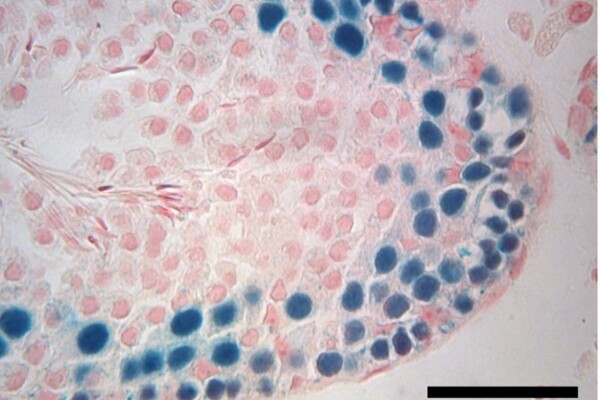
After being transferred to an infertile mouse, testes tissue from a rat that had been frozen for more than two decades gave rise to sperm and germ cells. (Image: Eoin Whelan/PLOS Biology/CC-BY 4.0 https://creativecommons.org/licenses/by/4.0)

After being transferred to an infertile mouse, testes tissue from a rat that had been frozen for more than two decades gave rise to sperm and germ cells. (Image: Eoin Whelan/PLOS Biology/CC-BY 4.0 https://creativecommons.org/licenses/by/4.0)
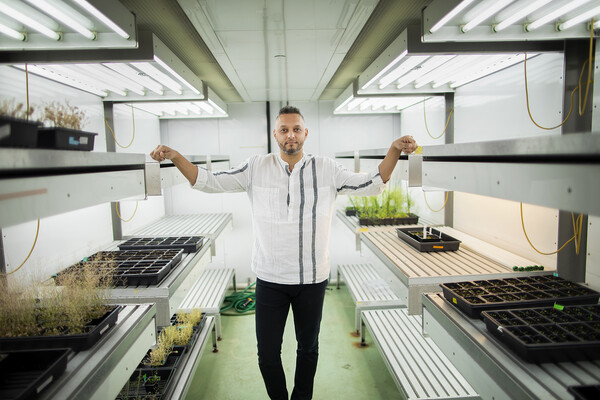
By studying how plants develop, Aman Husbands, who joined the Department of Biology faculty this year, may make insights that find application well beyond the plant kingdom.
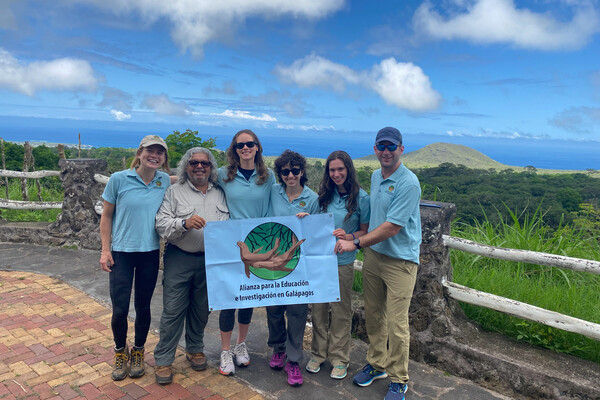
Under the umbrella of the Galápagos Education and Research Alliance, Penn Vet professor Daniel Beiting (far right) and others from Penn visited San Cristóbal Island in March, where they engaged students and scientists in water quality testing. (Image: Courtesy of Daniel Beiting)
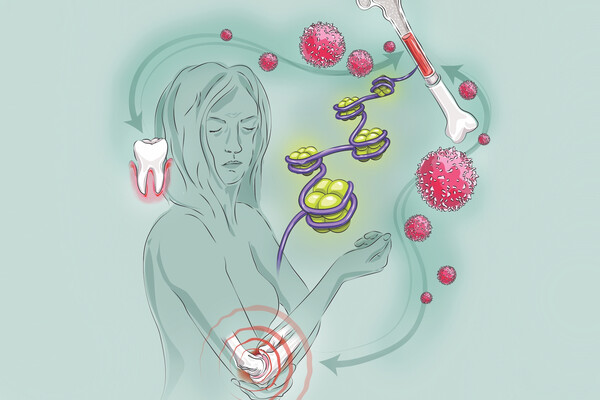

Homepage image: Though a “revolutionary” piece of legislation, the Clean Water Act still has its shortcomings, Penn faculty, staff, and students note. More work is needed to make rivers like the Delaware fishable and swimmable.
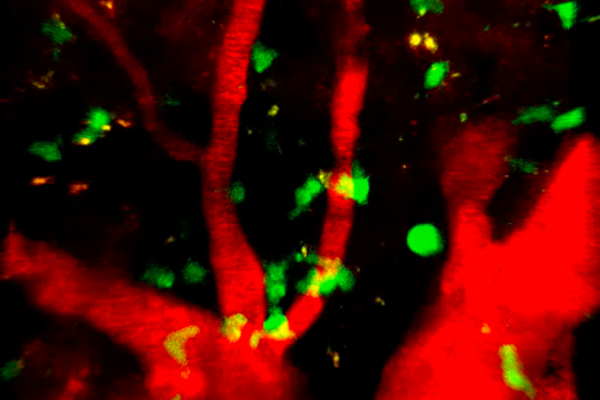
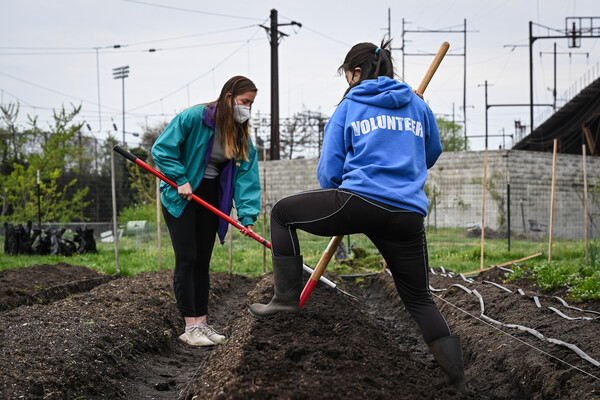
Multiple opportunities during Earth Week will give members of the Penn community a chance to get their hands dirty in nature, including an orchard work day and a volunteer day at Penn Park Farm. (Image: Kylie Cooper)
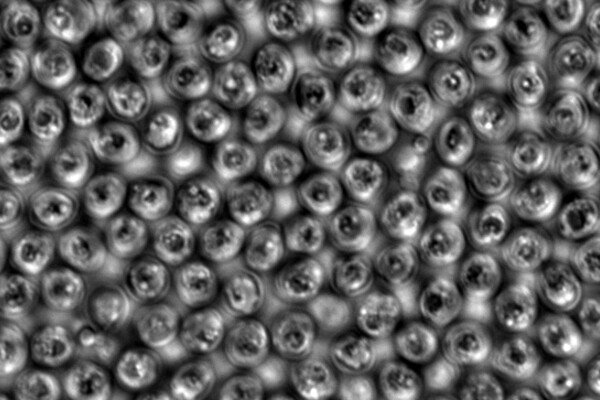
The parasite Cryptosporidium, transmitted through water sources, is one of the most common causes of diarrheal disease in the world. (Image: Muthgapatti Kandasamy and Boris Striepen)
Homepage image: A portrait in Leidy honors Nathan Francis Mossell, who, in 1882, became the first African American student to earn a medical degree from Penn. With its placement in the accessible portion of the building’s stairway, this new portrait gallery is highly visible to students, staff, faculty, and visitors who spend time in the Biology Department.
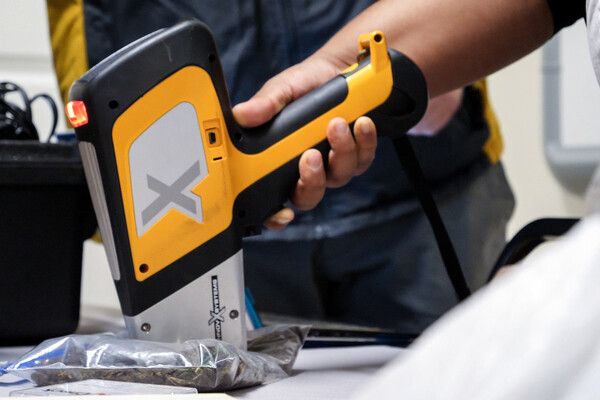
Researchers used data on soil lead content to inform their analysis of the contributing factors to lead exposure risk around Philadelphia. Many samples were collected during Academically Based Community Service courses taught at Penn. (Image: Alex Schein)